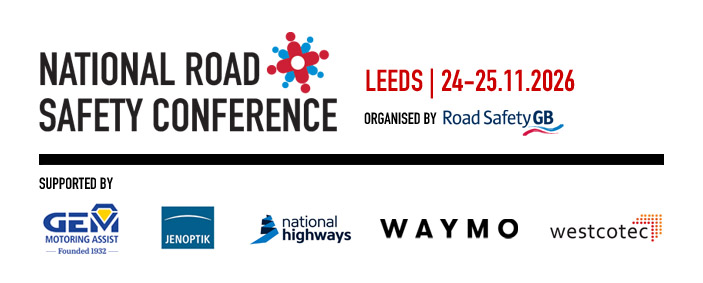Combating Driver Sleepiness: Insights from the SleepiEst Project on Shift Work and Road Safety
Driver sleepiness is a prevalent issue, contributing to 15-20% of road crashes globally (Hallvig et al., 2014; SWOV, 2019; Zwahlen et al., 2016). One well-known source of potential sleepiness is shift work. Shift workers experience shortened and disrupted sleep caused by a combination of factors such as time of day, time awake, and irregular shift patterns and start times. Sleepiness behind the wheel has been reported in many professions, especially those providing a 24/7 service. Police employees not only work a range of shift patterns including extended shifts, long working weeks and weekend working, but also have increased exposure to stressful and traumatic events that further impact sleep.
Predicting, and then managing, drivers’ sleepiness can help prevent collisions. One way to monitor sleepiness risk is to consider the scheduling of workers. There are several models which can estimate the ‘risk’ level which can be used to try to reduce on-shift sleepiness. However, these models are typically only available commercially. The Health and Safety Executive Fatigue Risk Index was freely available but has since been withdrawn. Additionally, many of these models do not consider individual differences, such as age and sex.
The Road Safety Trust funded project ‘SleepiEst’ is attempting to address some of these issues, by conducting a series of studies with police employees. Data will then be used to produce a model to predict sleepiness risk. The project findings will have implications for a range of stakeholders including road safety professionals, schedulers, fatigue managers and policy makers.
 Dr Fran Pilkington-Cheney, Lecturer in Psychology and Sleep, Nottingham Trent University
Dr Fran Pilkington-Cheney, Lecturer in Psychology and Sleep, Nottingham Trent University
Dr. Fran Pilkington-Cheney is a lecturer at Nottingham Trent University in psychology and sleep, having previously worked at the Transport Safety Research Centre at Loughborough University.
Fran’s primary research interests focus on how sleepiness is managed in safety critical situations, for example when working shifts or driving. She has over 13 years’ experience researching sleepiness and fatigue in a variety of different transport settings including with bus, tram and train drivers, as well as pilots.
Fran is currently co-investigator and project manager of the Road Safety Trust funded project ‘SleepiEst’, a three-year project exploring sleepiness risk in shift working police employees. Fran is an active member of both the European Sleep Research Society (ESRS) and British Sleep Society (BSS), and current chair of the ESRS EDI committee.
